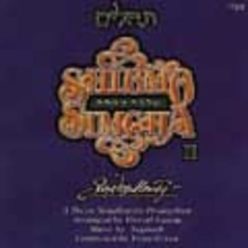Be Who You Are
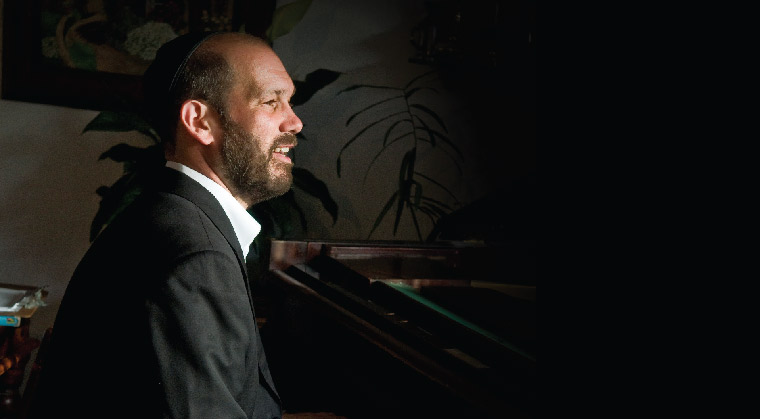

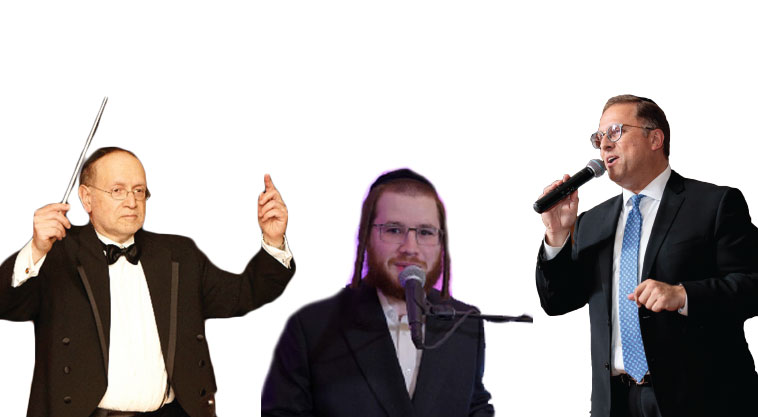
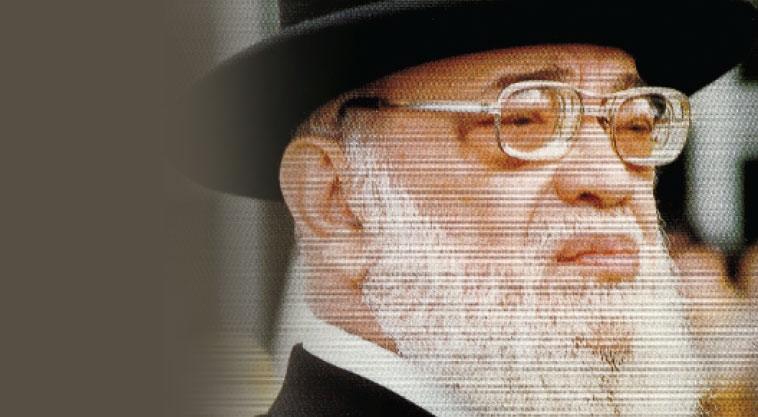
Rav Yaakov Yitzchok Ruderman ztz”l was the son of the rav in the Belarus village of Daǔhinava. Although the family had some Chabad ties, he learned in Slabodka and developed into a Litvishe rosh yeshivah and gadol. When Rav Ruderman was elderly and infirm, visitors would sometimes play music for him. Once, when a guest started to play the Baal HaTanya’s “Arba Bavos” niggun, the Rosh Yeshivah motioned for him to stop immediately. “This is not a niggun that you just sing!” he exclaimed. “Do you know the meaning of this niggun?!” As Chabad chassidim know well, this exalted niggun is sung with great reverence at chuppahs and at the end of certain Yom Tov gatherings. Rav Ruderman did not want it sung merely to keep him company.
(Originally featured in Mishpacha, Issue 731)
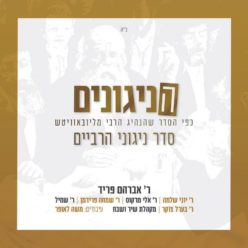
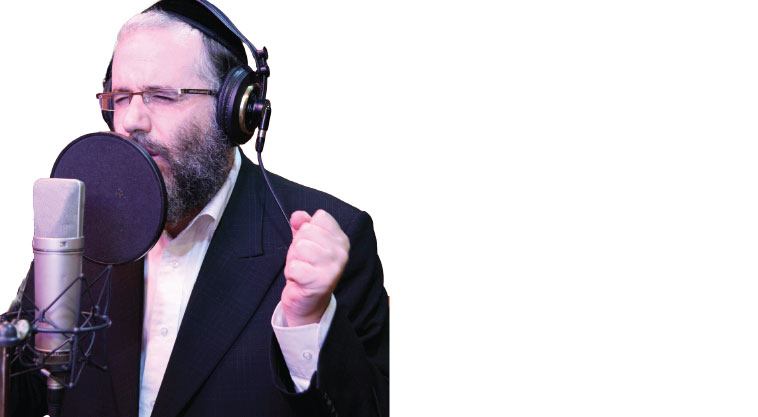
The song “Lemaaloh” was the keystone of chassidic singer Shloime Cohen’s rise to fame, but he says that he almost didn’t sing it. “While I was working on my first album, Pinky Weber sent me a tape, with the songs ‘Atah Echad’ and’ Lemaaloh’. I wanted to pick ‘Atah Echad,’ but my producer Mona Rosenblum, listening in to the tape over the phone, wasn’t too excited about it. Then he said, ‘Be quiet, let me hear the next song.’ We heard ‘Lemaaloh’ and he said, ‘Shloime, let’s sing this on Motzaei Shabbos.’ I sang it at an event and the crowd loved it, so of course we both knew it would go on the album.” Titled? Lemaaloh, of course.
(Originally featured in Mishpacha, Issue 731)
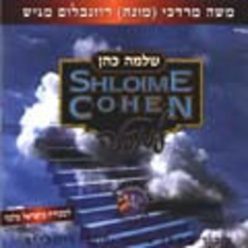
“Beri Weber’s recent song ‘Riboin,’ from the album One Heart. The musical arrangements are sparse, which draws listeners into Beri’s vocals. On the repeat of the high part, “Ki al rachamecha harabim,” you can’t help yourself doing that plain, simple harmony, and it just sounds gorgeous. If you’ve heard ‘Riboin,’ you know what I’m talking about. The harmony is a magnet. Love the song.”
—Singer Yoely Greenfeld
(Originally featured in Mishpacha, Issue 730)


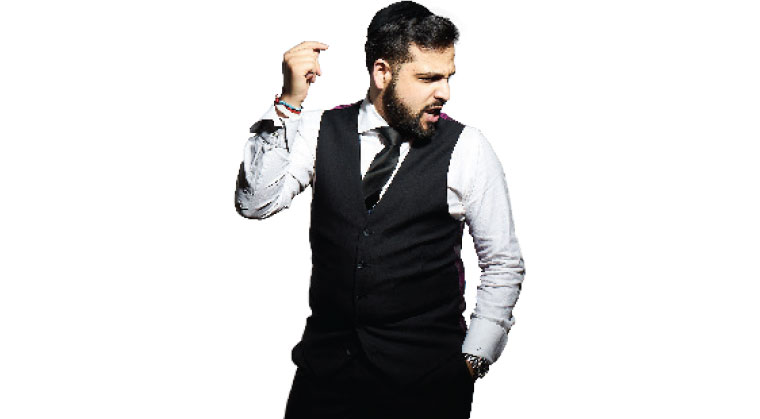
I
t’s hard to choose a favorite song on my own album,” says singer Yoni Z. of his eponymous debut album Yoni — a mix of original English and Hebrew compositions with a few “pesukim” songs thrown in for good measure — “but if I have to, it would have to be ‘Hoshana,’ where I finally got to duet with my father.” Actually, Yoni clarifies that he had been harmonizing with his father, chazzan and performer Moti Zigelboum, since the age of 16, when he first joined in chazzanus pieces at shul. “We got a great reaction, so we kept doing it, and eventually concerts and events followed. But recording this song together was a big deal for me, because it made our joint music official.”
One track which Yoni’s fans will recognize is “Odeh,” which was released as a single two years ago. “I hesitated to put ‘Odeh’ on the album, since it didn’t feel so fresh. But this past Pesach I performed at five Chol Hamoed concerts, and as I finished the show and completed my encore, the audience was cheering and requesting ‘Odeh.’ That made me realize how popular the song had become, and as it was the song that put me on the professional music map, I knew fans would be happy to see it included on the album. What’s interesting, of course, is that newer listeners are discovering it for the first time, so this composition for the words ‘Odeh Hashem meod befi’ is kind of riding a second wave.” With 14 songs on the new album, there’s plenty of brand-new material alongside it.
(Originally featured in Mishpacha, Issue 730)


Benny Friedman’s new hit single, “Lichtig un Varem,” is actually an underlying blessing for every married couple. The lyrics to this catchy song are the words which the Lubavitcher Rebbe said to Friedman’s parents 50 years ago when they went to receive his blessing before their wedding: “Mach lichtig un varem arum zich, vet der Eibishter bei eich machen lichtig un varem — make it bright and warm around you and Hashem will make it bright and warm for you.”
Benny Friedman approached composer Heshy Weinberger to write a song to these words in honor of his parents’ recent milestone anniversary.
“My father [Rabbi Manis Friedman, author, speaker, and founder and dean of the Beis Chana Institute in Minneapolis] very often mentions this brachah he received from the Rebbe, and he’ll repeat it at grandchildren’s sheva brachos,” says the singer. “The Rebbe’s brachah has been like a promise which my parents fulfilled by dedicating their lives to helping other people. My father travels around the world teaching, counseling, and comforting people, and my mother teaches. And they raised a family of shluchim who continue to dedicate their lives to public service.”
(Originally featured in Mishpacha, Issue 730)
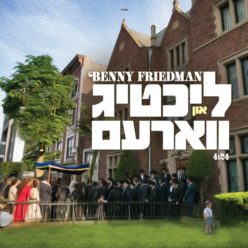
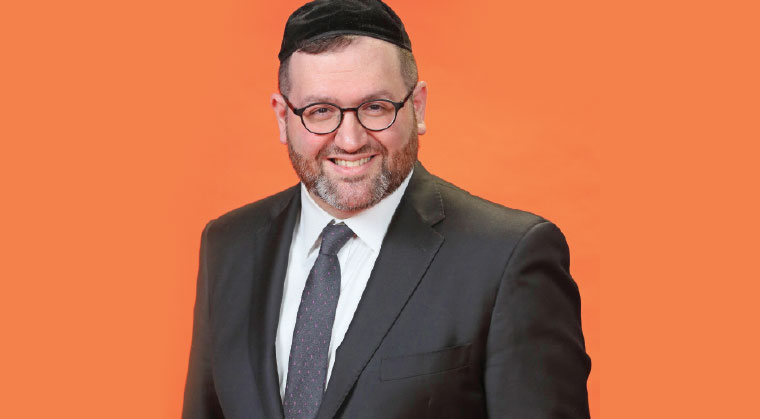
Every artist wants his album to be as perfect as can be, but sometimes he has to take a gamble. Is the song he’s deliberating over going to soar or flop? Is the intro going to become a classic or a sleeper? How do these entertainers know they’ve made the right choice?
I was deliberating between a bunch of names for the Yeshiva Boys’ Choir originally. But because of the hit song “Kol Hamispallel” on our debut album, I had basically decided to name it “The Shaar Hashamayim Boys’ choir.” Then, just as we were moving on with the cover design, we changed our minds and decided to go for something really generic that would include everyone. “Yeshiva Boys’ Choir” just fit.
(Originally featured in Mishpacha, Issue 729)
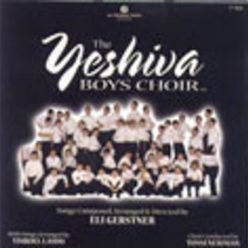

There’s been an upsurge in the popularity of Israeli songs in the heimishe listening crowd even in America, and singer Simcha Leiner has ridden on that wave with Yochi Briskman’s newest Project Relax — Israeli Edition. With material from Yonatan Razel, Ishay Ribo, Hanan Ben Ari, and others, Leiner sings 25 tracks of popular Israeli songs. He says he’s been enjoying the vitality and energy of chareidi Israeli radio and assembling a collection of his favorite tracks for years, and that “I had been sending songs to Yochi [Briskman] one by one, until he felt the collection was big and vibrant enough to create another Project Relax.” The selections are varied, with older songs like Naomi Shemer’s 1980 “Al Kol Eileh” (also known as “Al Na Ta’akor Natua,” which became the theme song of the protest against the destruction of Yamit and the Sinai settlements in the wake of Camp David) alongside contemporary numbers such as Mordechai Shapiro’s chassan-kallah benediction “Hayom Hazeh,” the reworked music to Rav Kook’s inspirational poem “Ben Adam” (“Kanfei Ruach”), and Yonatan Razel’s humble “Katonti.”
What took Leiner by surprise was that unlike chassidic song, which can easily be sorted into musical categories, Israeli music has many variations of style, even within subgenres. “These songs are rhythmically complex, which makes creating a medley much more challenging,” Leiner says. It took the sophisticated musical skill of Yochi Briskman to ensure that the songs segue perfectly into each other. “Yochi is a drummer, with a flawless sense of rhythm. I just gave him a list of songs. Originally, we had two particular songs next to each other, but the second song has double the rhythm. So Yochi switched the rhythm at the high part of the first song, in order not to jolt the listener.”
The word out there among Israeli radio listeners is that you can barely tell these Hebrew songs are sung by an American, because Simcha Leiner’s accent and articulation are extremely polished. But Leiner admits that perfecting the reish was the most time-consuming. “On the album, we tried to remain true to the source of the song,” Leiner explains. “Some Sephardic singers might swallow the reish, while modern Israelis will roll the reish. On “Aleh Katan” where the song is sung with Avraham Fried’s universal accent and that’s how listeners are used to hearing it, we kept the regular reish. Articulating certain Hebrew words in very quick succession was also a challenge, but once I identified common American mistakes and committed myself to sounding Israeli, it just flowed.”
The music reflects the original arrangements, with vibrant string sounds in the Sephardic songs; and the lyrical, poetic approach of the songwriters to sections of Tanach and the sheer beauty of the language are magnets of this new genre of spiritually uplifting Israeli song. Leiner says that his personal favorites are the oldies, though, such as “Lo Tedah” and “Al Kol Eileh.” Old or new, it’s a new frontier.
(Originally featured in Mishpacha, Issue 729)
I’m Never in the Studio Without…
“A pen and paper, even when we’re already up to recording. Because I’m a lyricist, I always want to be able to touch up the words, add and change. Once I added an entire stanza, right there in the studio.” —Motty Ilowitz
(Originally featured in Mishpacha, Issue 729)
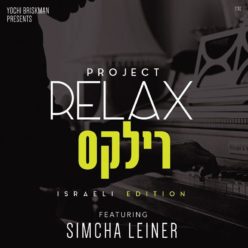
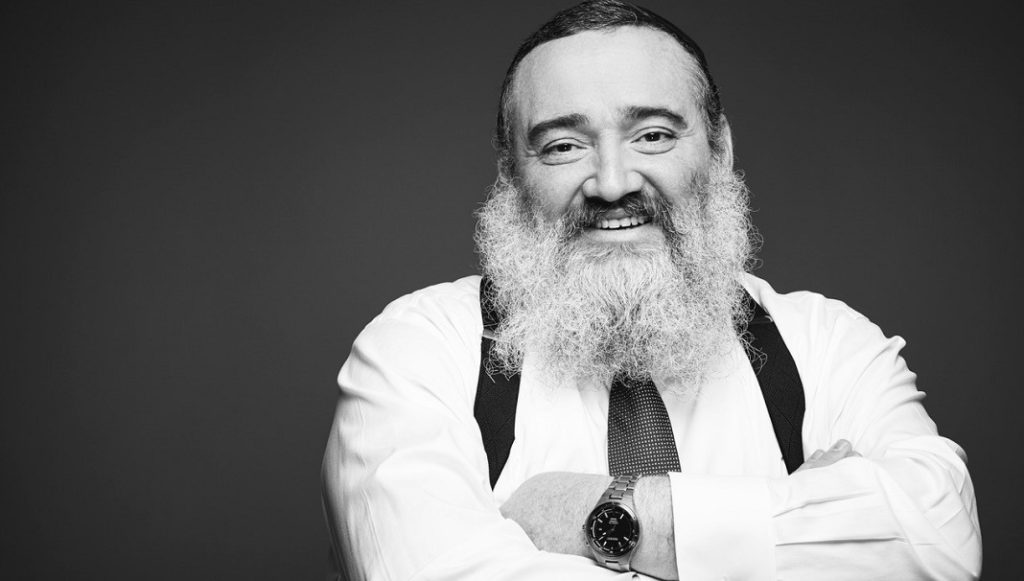
Every artist wants his album to be as perfect as can be, but sometimes he has to take a gamble. Is the song he’s deliberating over going to soar or flop? Is the intro going to become a classic or a sleeper? How do these entertainers know they’ve made the right choice?
On my second album, Tehillim, I recorded Shlomo Carlebach’s unforgettable “Moshe VeAharon-Mizmor LeDovid.” It’s a bit of a heavy piece with the chazzanus in the beginning, but Sheya Mendlowitz wanted to open the album with it. I was worried about the risk of beginning with something so heavy — what if it fell flat? — but Sheya’s a visionary. Mizmor LeDovid helped put that album on the map.
(Originally featured in Mishpacha, Issue 729)
